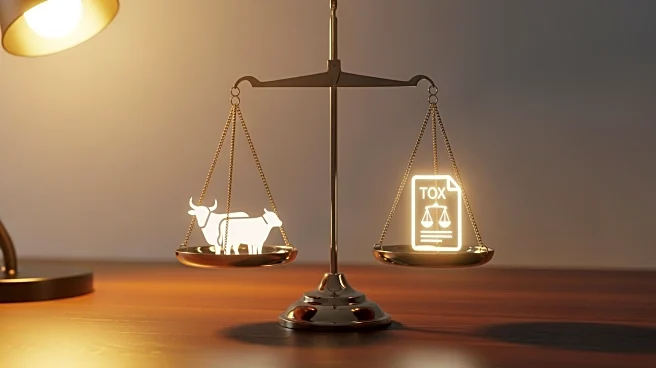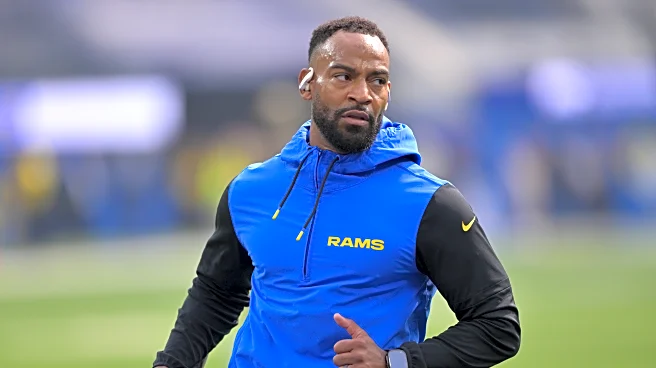What's Happening?
The Supreme Court has issued a technical briefing order in the case of Louisiana v. Callais, signaling potential changes to Section 2 of the Voting Rights Act. This section has historically ensured minority voters have equal opportunities to elect their candidates of choice. The case involves the drawing of Louisiana's congressional districts, where a significant Black population exists. The court's decision to set the case for re-argument suggests it may consider whether the creation of a second majority-minority district violates the U.S. Constitution's Equal Protection Clause. Justice Clarence Thomas dissented from the order, indicating a desire to address the collision between Section 2 and racial gerrymandering precedents.
AD
Why It's Important?
The potential ruling could significantly impact voting rights and representation for minority groups across the United States. If Section 2 is deemed unconstitutional, it could lead to fewer districts where minority voters can elect their preferred candidates, thereby diminishing their political power. This change would align with previous actions by the Roberts Court, which has already struck down other parts of the Voting Rights Act. The decision could provoke civil rights protests and discussions on Supreme Court reform, especially as midterm elections approach.
What's Next?
The Supreme Court's decision, expected by June 2026, could lead to major shifts in how congressional, state, and local elections are conducted. If Section 2 is weakened or removed, it may trigger a new civil rights movement and increase calls for Supreme Court reform. Political leaders and civil rights groups are likely to react strongly, given the potential implications for minority representation and electoral fairness.
Beyond the Headlines
The court's actions could redefine the legal landscape regarding race-conscious districting, challenging longstanding precedents and congressional powers under the Fourteenth and Fifteenth Amendments. This shift may lead to whiter legislative bodies and reduced protections for minority voters, fundamentally altering the political dynamics in the U.S.











